Keywords: Climate Crisis
There are more than 200 results, only the first 200 are displayed here.
-
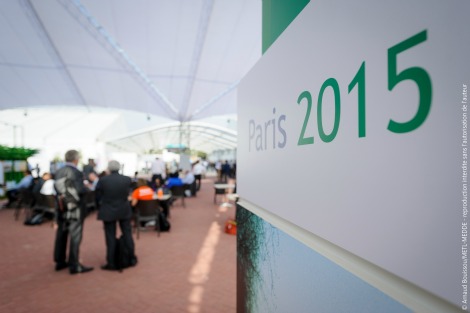
INTERNATIONAL
- Bronwyn Lay
- 10 December 2015
3 Comments
Located in Paris in the aftermath of the attacks, COP21 spookily mirrors how climate change politics occurs within complex and pre-existing power structures that determine its effectiveness. Social and environmental wars merge with increasing intensity: from Syria to the Arctic, from Indonesia to Paris. Climate change complexity matches the complexity of terrorism. Causal chains of social conflict are as complicated as carbon movements that result in environmental distress.
READ MORE 
-

RELIGION
- Frank Brennan
- 27 November 2015
2 Comments
'The crisis of child sexual abuse in our societies has required that our institutional procedures be more transparent and that we learn from the ways of the world in exercising power openly and justly. This means we have to restructure some of our church arrangements so that power is exercised accountably and transparently. All of us who have positions of influence and power in institutional churches need to be attentive to the voices of those who have suffered within our institutions.' 'Discerning the place for the prophetic voice and pragmatic cooperation of the churches in the great moral questions of the age', address to the Association of Practical Theology in Oceania conference, 26 November 2015.
READ MORE
-
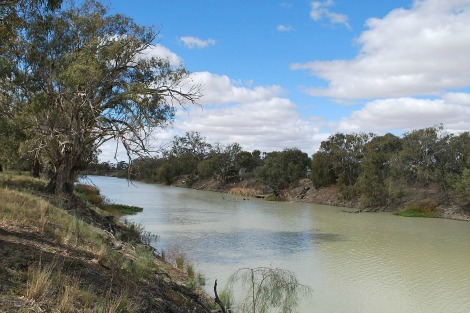
ENVIRONMENT
- Andrew Hamilton
- 12 November 2015
8 Comments
In recent reflection on the future path of Australia the common good has made a welcome return. At the same time the Turnbull Government has transferred responsibility for water resources, including the Murray-Darling Basin, from the Department of the Environment to the Department of Trade. The two things seem to be unrelated. But the concept of the common good has been embodied robustly in the Murray-Darling Basin plan and survives in the midst of continuing conflict.
READ MORE 
-
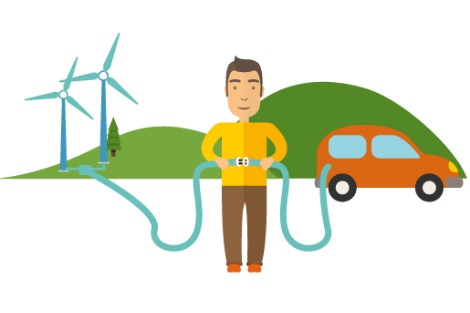
ENVIRONMENT
- Fatima Measham
- 11 November 2015
6 Comments
The UN Climate Change Conference in Paris is set to become the last opportunity for meaningful global action. The signs so far bear optimism, as the impetus for a binding international agreement to tackle the severity and effects of climate change has taken a turn. In order to better understand why, and appreciate the difference that a few years can make, it is worth revisiting why Copenhagen was such a disaster. The most meaningful difference between then and now involves leaders.
READ MORE 
-
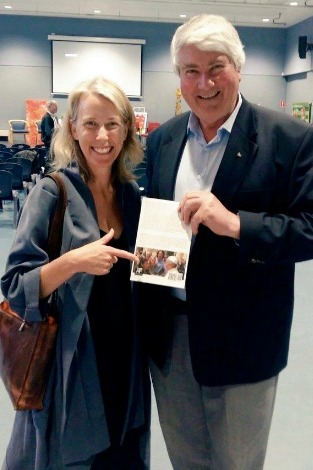
ENVIRONMENT
- Frank Brennan
- 06 November 2015
1 Comment
Francis does not pretend to have answers to the big questions which will confront world leaders when they gather in Paris. But he does think the science is IN, and the evidence is clear that much of the climate change, loss of biodiversity and water shortages are the result of human action. We are blessed to have a pope who speaks to all the world about the prudence, justice and empathy required so that more people on our planet might enjoy integral human development.
READ MORE
-

AUSTRALIA
- Frank Brennan
- 23 October 2015
4 Comments
Francis knows there are all sorts of issues inside and outside the Church where for too long people with power have tried to keep the lid on, in the hope that the problems and complexities will go away, often by parodying those who see the problems or complexities as small 'l' liberals or cafeteria Catholics. He delights in being joyful and troubled while contemplating big problems, calling people of good will to the table of deliberation reminding them of the kernel of the Christian gospels. He has the faith and hope needed to lift the lid without fear and without knowing the answers prior to the dialogue occurring.
READ MORE
-

- Frank Brennan
- 18 September 2015
Pope Francis's concerns are not narrowly dogmatic or pedagogical but universally pastoral. He knows that millions of people, including erstwhile Catholics, are now suspicious of or not helped by notions of tradition, authority, ritual and community when it comes to their own spiritual growth which is now more individual and eclectic. He wants to step beyond the Church's perceived lack of authenticity and its moral focus on individual matters, more often than not, sexual. He thinks the world is in a mess particularly with the state of the planet — climate change, loss of biodiversity and water shortages, but also with the oppression of the poor whose life basics are not assured by the operation of the free market, and with the clutter and violence of lives which are cheated the opportunity for interior peace. He is going to great pains to demystify his office. He wants all people of good will to emulate him and to be both joyful and troubled as they wrestle with the probl
READ MORE
-
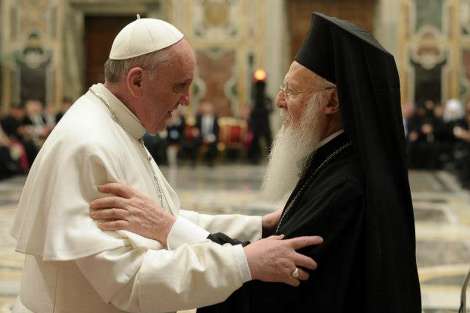
AUSTRALIA
- Andrew Hamilton
- 31 August 2015
5 Comments
Pope Francis has named 1 September as the World Day of Prayer for the Care of Creation. There are many such days, and it will pass unnoticed in many local churches. But his naming of it - and its reception - will reveal much about the style with which he chooses to address environmental degradation, throwing his weight behind the Orthodox Ecumenical Patriarch Bartholomew, who had previously consecrated the day to the Environment.
READ MORE 
-

- Frank Brennan
- 26 August 2015
7 Comments
When addressing Italian doctors last November, Pope Francis quoted St. Camillus de Lellis who suggested that the most effective method in caring for the sick was simply to 'Put more heart into those hands.' Let's do something to change the market settings and political settings here in Australia to modify the behaviour of all Australians in the future, and let's attend to our own Franciscan interior ecological conversion with our care for the vulnerable.
READ MORE
-

AUSTRALIA
- Andrew Hamilton
- 17 August 2015
25 Comments
The consequences of the present Coalition manipulation will be that the hostility between opponents and proponents of legalisation is likely to be intensified, and the proper way to resolve the issues involved seen to lie in the untrammelled exercise of power and not in reasoned conversation. In such a climate, any appeal to other values at stake in legislation, such as religious freedom, will be regarded simply as self-interest, and will be overridden by the principle of non-discrimination.
READ MORE 
-

- Frank Brennan
- 06 August 2015
3 Comments
Pope Francis is not the first pope to address a social encyclical to everyone. But in comparison with his predecessors, Francis has been more inclusive in the process of writing the encyclical and in the final content of the document. He quotes from 17 different conferences of Catholic bishops. He is at pains to indicate that he is collaborative and that he takes the principle of subsidiarity very seriously. Being the final redactor of the text, he has felt free to interpolate some very folksy advice from time to time. He has also taken the liberty of inserting some very blunt, evocative images of environmental and economic devastation.
READ MORE
-
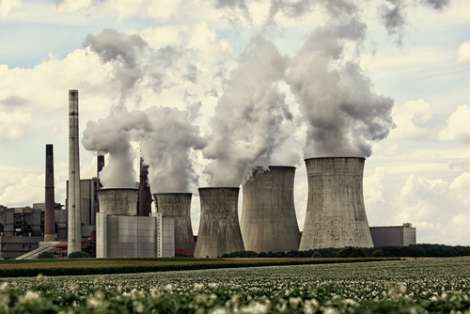
AUSTRALIA
- Andrew Hamilton
- 27 July 2015
15 Comments
The Federal Government's ethical argument for coal is that it is the most readily available and cheapest resource for generating electricity for the development of poorer countries. The structure of this argument based on our duty to the poor is significant. It assumes that governments, mining companies, banks and the people who invest in them a duty to consider the effects of their actions on people both in their own nations and in other nations.
READ MORE 